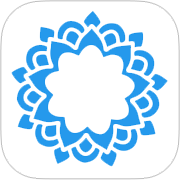Case Study: Bodhi Mind
Meditation Content Platform
Developing a subscription-based mobile app with intelligent content organization for a renowned meditation teacher.
Project Results
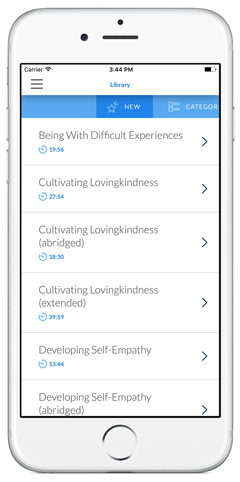
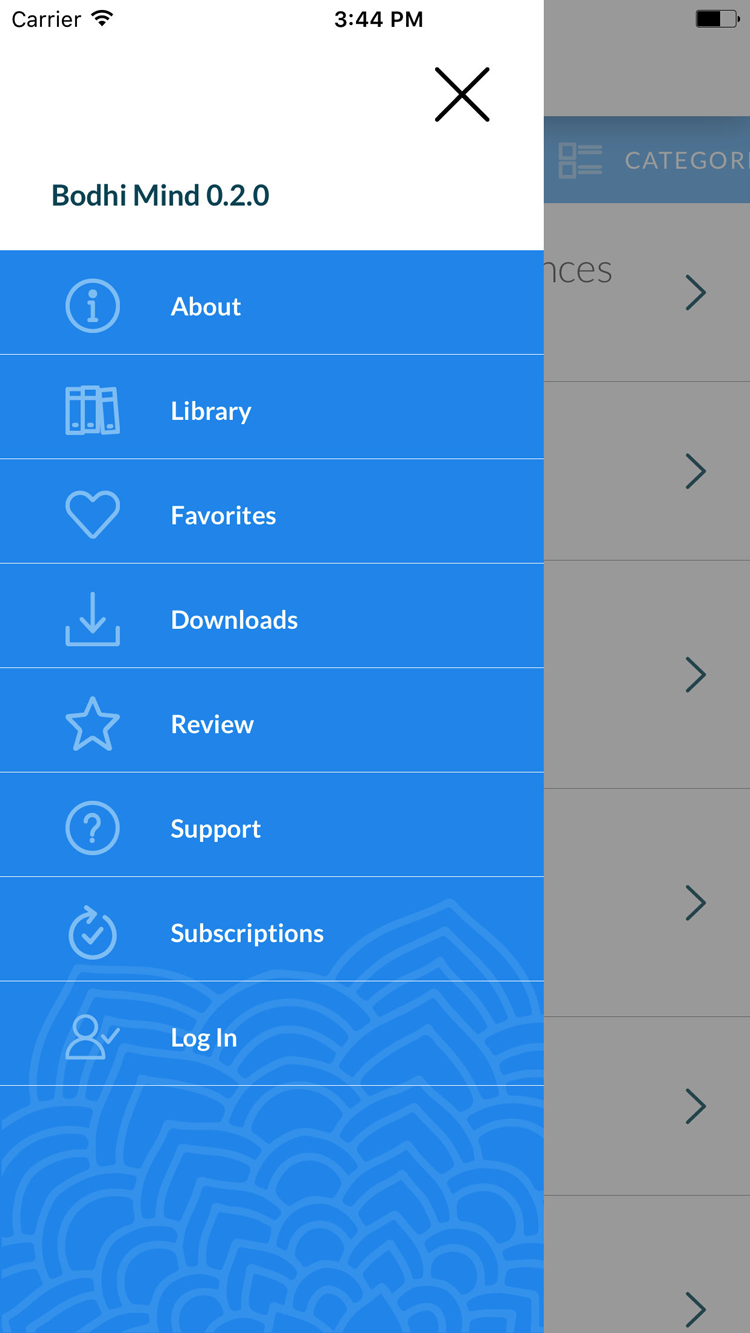
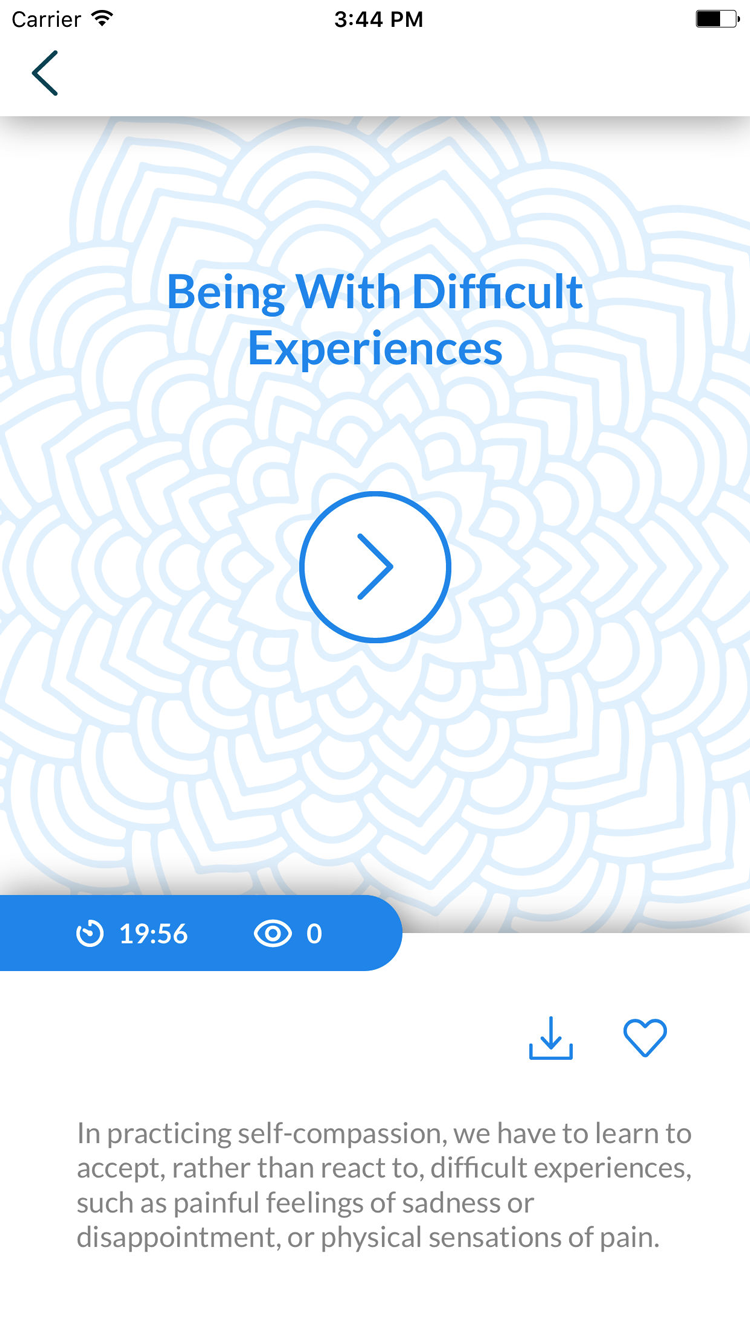
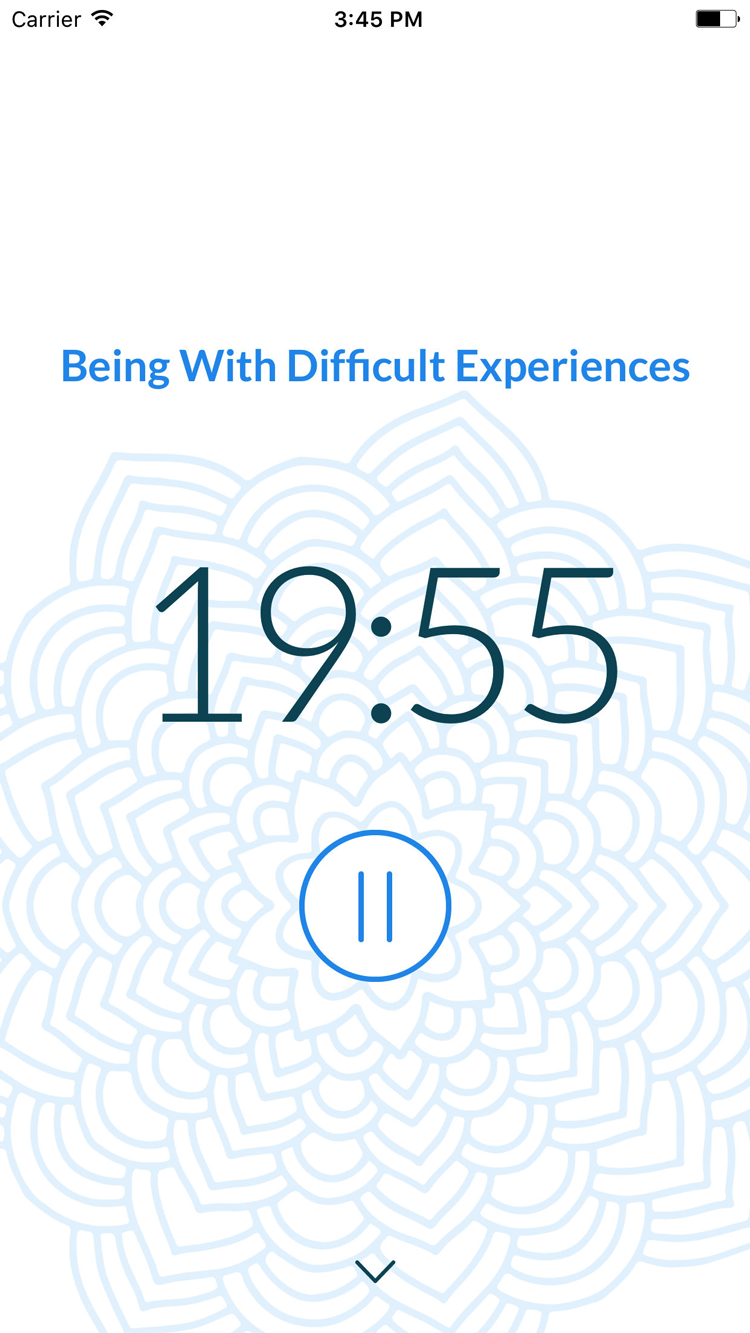
The Challenge
Bodhipaksa, an established meditation teacher with over 200 recorded guided meditations, needed a way to make his extensive content library accessible to students worldwide. The existing solution—manually emailing MP3 files to customers—was inefficient and provided a poor user experience. The client faced several challenges:
- Content organization: Hundreds of meditation files needed to be categorized and made easily searchable
- Discoverability: Users needed help finding the most relevant meditations for their specific needs
- Monetization: A sustainable subscription model was needed to support ongoing content creation
- User experience: Users needed a simple interface that wouldn't distract from meditation practice
- Content management: The client needed an easy way to upload new content to the app
My Approach
After thorough discovery sessions with the client, I developed a comprehensive strategy that would address all their needs while creating an exceptional user experience:
Content Strategy:
I implemented a multi-dimensional tagging system for all meditation content, allowing users to find meditations by:
- Category (type of meditation content)
- Duration (short sessions to extended practices)
- Album & Course (related meditations in structured programs)
- Series (ongoing meditation series)
Development Approach:
I adopted a user-centered, iterative approach with regular client feedback sessions. This ensured I was building exactly what was needed while maintaining flexibility to adapt the implementation as I learned more.
Technical Implementation
To create a seamless experience for both users and the content creator, I developed a solution with several key components:
iOS Native App:
I built a native iOS application in Objective-C (this was right when Swift was coming out) that provides an intuitive interface for browsing and playing meditation content. The app includes:
- Custom audio player with background play
- Offline playback capabilities for downloaded content
- List-view browsing options
- Usage tracking
- Favorites for easy content revisiting
Backend Infrastructure:
I implemented a backend using Firebase to manage content, user data, and subscription management:
- Firebase Realtime Database for application data
- Firebase Storage for secure audio file storage
- Firebase Analytics for basic usage insights
Content Management System:
I set up a streamlined content management workflow using Google Sheets that allows the client to:
- Upload new meditation recordings
- Add and edit metadata and tags
- Create curated meditation collections
- View basic analytics on content popularity
Technologies Used:
- Objective-C and UIKit for iOS development
- Firebase (Realtime Database, Storage, Analytics)
- Apple StoreKit for subscription management
- Google Sheets for content management
Results & Impact
The Bodhi Mind app launched successfully and has achieved significant user engagement:
Key technical achievements included:
- Complex audio streaming with reliable playback across variable network conditions
- Efficient offline storage enabling users to download meditations for offline use
- Full product lifecycle management from initial design through App Store deployment
For the content creator, the platform delivered substantial benefits:
- Global digital distribution reaching thousands of new students
- Significantly reduced content management overhead
- Sustainable subscription revenue to support ongoing content creation
Key Learnings
This project reinforced several important principles about developing content platforms:
Content Organization:
Working with a large meditation library highlighted the importance of:
- Developing a comprehensive taxonomy before implementing the tagging system
- Creating multiple entry points to content (categories, collections)
- Balancing discoverability with simplicity in the user interface
Technical Architecture:
This project reinforced my approach to building content platforms:
- Firebase provided a rapid development experience for mobile-focused projects
- Investing in content metadata infrastructure pays dividends for discoverability
- Simple content management workflows often outperform complex systems for individual creators
These learnings have informed my approach to subsequent content platform projects, including how I structure content organization and management workflows.
If I Were Building This Today
The Bodhi Mind project successfully addressed the client's needs with the technologies available at the time. If I were building a similar meditation platform today, I would incorporate several AI capabilities to significantly enhance both the user experience and content management:
Content Enhancement:
- Automated Transcriptions and Captioning - AI would generate accurate transcripts of all meditations, improving accessibility and enabling text search of spoken content
- Automated Content Tagging - NLP systems could analyze meditation audio to automatically tag and categorize content by themes, techniques, and tone
- Language Expansion - Using voice cloning technology to offer meditations in multiple languages while preserving the guide's voice characteristics
- Content Summarization - Generating concise descriptions of longer meditations to help users quickly find relevant content
Personalization:
- Intelligent Recommendations - Machine learning algorithms could analyze usage patterns and feedback to suggest meditations tailored to individual needs
- Mood-Based Suggestions - Sentiment analysis could identify appropriate content based on optional user mood input
- Time-of-Day Optimization - Pattern recognition to identify when different types of meditations are most effective for each user
- Adaptive Session Lengths - Algorithmically determining optimal meditation durations for individual users
User Experience:
- Voice-Controlled Navigation - Natural language processing for hands-free control, especially valuable during meditation
- Smart Notifications - Machine learning to determine optimal times for practice reminders based on user behavior
- Progress Insights - AI analysis of usage patterns to provide meaningful feedback on meditation progress
- Contextual Awareness - Using device sensors and calendar integration to suggest appropriate meditations for current situations
These AI enhancements would transform a static content library into a dynamic, personalized meditation companion that adapts to each user's unique needs and practices. This represents the evolution I'm now bringing to new projects—combining strong content organization fundamentals with powerful AI capabilities to create more intelligent, responsive digital experiences.
See the project in action
Download Bodhi Mind and experience the results firsthand.
Download on App StoreNeed a content platform with advanced AI capabilities?
My experience building content platforms like Bodhi Mind has shown me the immense potential for AI to transform these systems. Now I'm focused on implementing modern AI technologies to create even more intelligent, personalized content experiences. Let's discuss how I can help with your next project.
Get in Touch